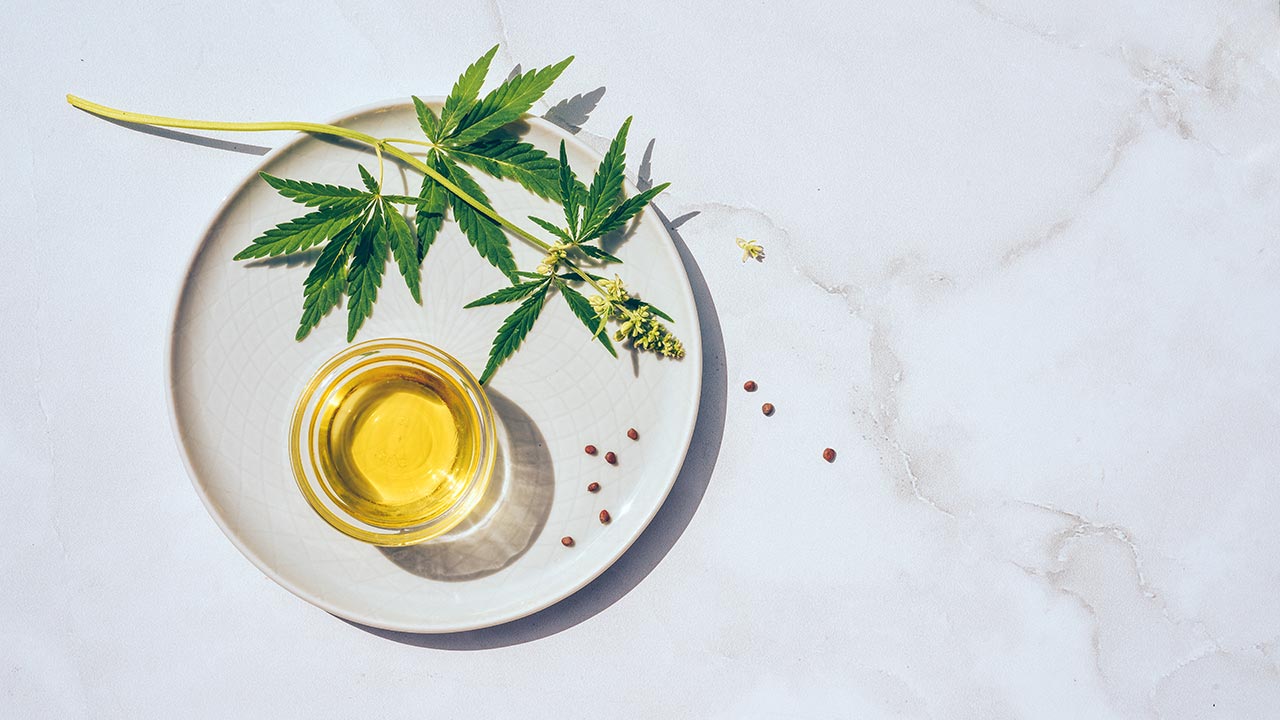Cannabinoid Terpenes Produce Analgesic Effects Per Preclinical Data
Summarize

A preclinical study found that some cannabis plant terpenes produce analgesic effects. Using a mouse model of peripheral neuropathy, researchers from the University of Arizona and the National Institutes of Health found that each terpene included in the study reduced discomfort by approximately equal to taking 10 mg/kg of morphine. Taking low terpene doses with morphine produced even more relieving effects.
The preclinical data was published in a peer-reviewed article. The terpenes assessed for relieving effects were geraniol, linalool, β-pinene, α-humulene, and β-caryophyllene. Each terpene was tested. Terpenes are hydrocarbon compounds in plants that are responsible for aroma and taste. Cannabis sativa contains many different terpenes that are believed to play a role in the “entourage effect.” Based on the preclinical data, the researchers wrote,
“Together these studies identify Cannabis terpenes as potential therapeutics for chronic neuropathic discomfort and identify a receptor mechanism for this activity.”
This is not the first study to demonstrate that cannabis combined with a therapeutic drug produces more significant relief than if the drug is used alone. This study and others like it are researching whether administering terpenes may allow taking lower doses of powerful drugs.
There have also been studies investigating how terpenes modulate cannabinoid effects. One preclinical study investigated whether CBD and the terpenoid beta-caryophyllene may work together to produce effects that reduce swelling. The researchers wrote, “Our results suggest that CBD and BCP work together to produce an effect with good safety profiles.” This supports the idea of the “entourage effect.”
These studies are important for two reasons. One is that the FDA wants more clinical studies before it will be willing to regulate the CBD industry like it does supplements. Until federal-level regulation is implemented, the CBD industry will remain in a state of flux. The second reason is that these studies provide clinical proof that supports what CBD users experience.
Share this post


0